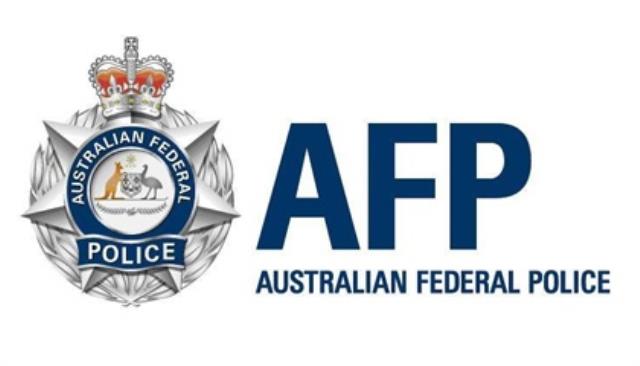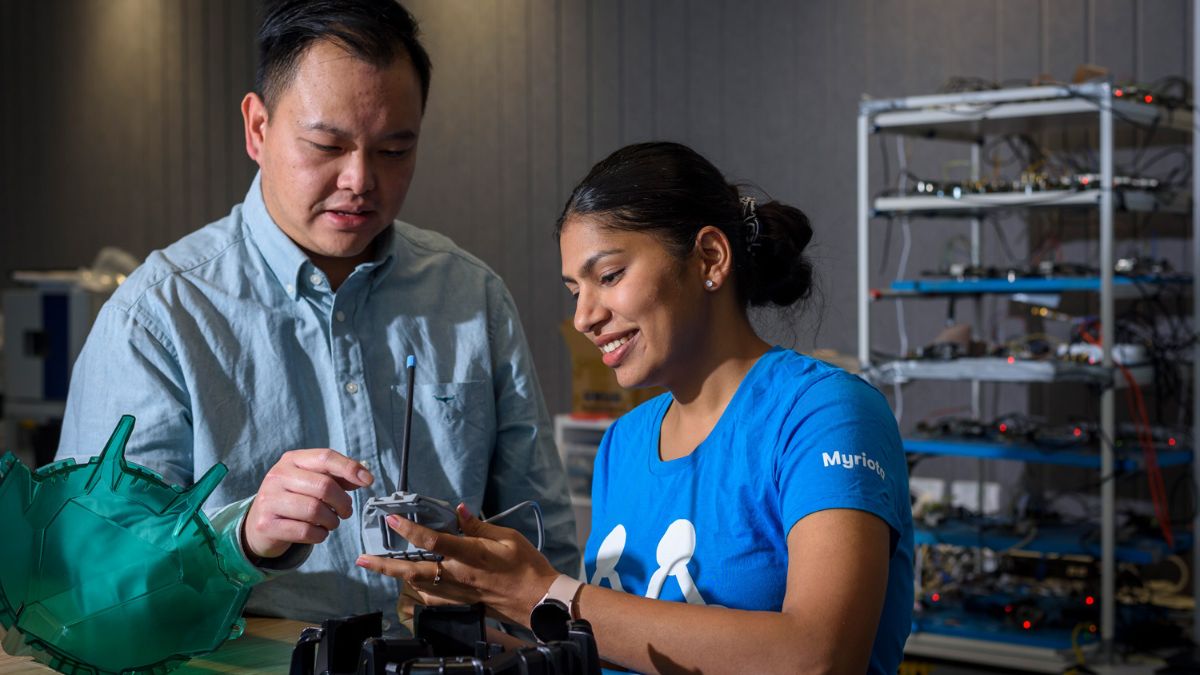‘Australia and Russia’: The missed fact check that sparked a complaint against Facebook’s parent company

- by Admin
- March 27, 2024
Tech giant Meta is facing allegations that it has misled Australians by exaggerating its response to disinformation and misinformation on Facebook.
The ABC can reveal the $US1.3 trillion ($AU1.9 trillion) company is the subject of a formal complaint, which alleges Meta is not living up to claims contained within its most recent transparency report.
The seven-page submission by online safety research group Reset.Tech, states small changes such as rewording can circumvent Facebook’s automated labelling of known falsehoods.
The complaint outlines the treatment of a post with the message: “Did you know ONLY 2 countries are still considered Sovereign? Russia & Australia.”
The statement was found to be false by Meta’s fact-checkers and labelled with a warning, along with any identical or “near-identical” posts Meta detected using artificial intelligence.
However, problems emerged when the message was reworded slightly to say, “There’s only two countries that are still sovereign in the world. Australia and Russia.”
The second post — and others like it — were left unlabelled, even though it contains the same falsehood.
Labelled by Meta: Russia and Australia are the only two countries still considered sovereign.
Not labelled by Meta: There’s only two countries that are still sovereign in the world. Australia and Russia.
Misinformation loopholes
Under Australia’s voluntary code of practice for online platforms dealing with misinformation, companies are asked to publish annual transparency reports to show how they are dealing with viral falsehoods.
Reset.Tech says it is concerned Meta is glossing over the labelling issue in its transparency report.
Meta’s report states that the company “applies a warning label to content found to be false by third-party fact checking organisations”, adding that nine million pieces of Facebook content had been labelled in Australia throughout 2022.
While nine million posts may sound impressive, according to Reset.Tech it is only a fraction of the whole, and the majority of known falsehoods could well be going unlabelled on Facebook.
“In actuality [they’re] only labelling a tiny sub-portion of it … there’s a real gap here between statement and practice,” executive director of Reset.Tech, Alice Dawkins said.
“I don’t think a company in any other sector could get away in the public transparency report, saying one thing and then actually doing another, much narrower, modest thing.”
Complaint considered by industry body
Meta denied the claims in its transparency report were misleading.
In email correspondence with Reset.Tech, obtained by the ABC, a Meta spokesperson said:
“Meta does not assert, nor does the statement convey, that Meta detects and labels ‘all variations of fact-checked falsehoods’.
“Rather, the … language is clear that Meta proactively identifies content that ‘matches’ or is ‘near-identical’ to content that has been rated as ‘false’ by a fact-checking partner.
“We are careful in applying fact-checker ratings only to near-identical versions of content they have already rated because there may be meaningful semantic differences in content making similar claims.”
According to Meta, Reset.Tech has misinterpreted the language in its transparency report to be claiming more than it is.
Crucially, there seems to be no dispute between the two parties about which falsehoods attract and escape labelling.
The complaint against Meta was submitted on Tuesday to the Digital Industry Group Inc (DIGI), which represents several major tech platforms in Australia, including Meta.
DIGI is responsible for administering the Australian Code of Practice on Disinformation and Misinformation — a voluntary framework co-designed by tech companies — with which Meta has agreed.
But the complaint is currently stalled at a procedural hurdle and DIGI’s complaints body is seeking further advice on whether to accept it at all.
Under the code, complaints are considered by an independent subcommittee set up by DIGI, a measure designed to avoid conflicts of interest.
“We are observing a system where platforms are marking their own homework,” Ms Dawkins said.
“It shows you what happens when you’re existing in mostly self-regulation … it shows you the limits of corporate goodwill.
“It would be alarming if DIGI was unable or unwilling to hear a complaint about potentially misleading conduct from one of its members and code signatories.”
DIGI has told the ABC the independent sub-committee’s decision about whether the complaint can proceed is expected after the Easter break.
Meta declined to comment.
Reset Tech wants Meta to issue a public correction to the transparency report, which it has declined to do.
If the complaint is upheld, Meta could be compelled to do so.
The Code doesn’t set out any penalties such as fines for breaches.
Reset Tech’s last complaint was about X (formerly Twitter), and resulted in the company being excluded from the Code of Practice.
Exclusion is the most severe consequence possible in the case of a breach, and means the company would no longer have to publish transparent reports.
The federal government is currently redrafting specific legislation to tackle online misinformation and disinformation.
It’s expected later this year, and would likely threaten companies with millions in fines for breaches of the law.
Alice Dawkins ran for federal Labor preselection in 2021 but is no longer a member of the party.
Loading…
The Latest News
-
December 23, 2024News Corp. and Australia Telecom Company Telstra Agree to Sell Foxtel to Streaming Sports Platform DAZN in $2.1B Deal
-
December 23, 2024Alex de Minaur is coming off the ‘best year’ of his career… but he wants more in 2025
-
December 23, 2024Sorry, Charlie. Son of Tiger makes his first career ace, but Team Woods loses to Team Langer on first playoff hole – Australian Golf Digest
-
December 23, 2024DAZN ADVANCES GLOBAL EXPANSION WITH ACQUISITION OF FOXTEL, A LEADING AUSTRALIAN SPORTS AND ENTERTAINMENT MEDIA GROUP
-
December 23, 2024Big-hitting Brit emerges from the shadows after breakout year





